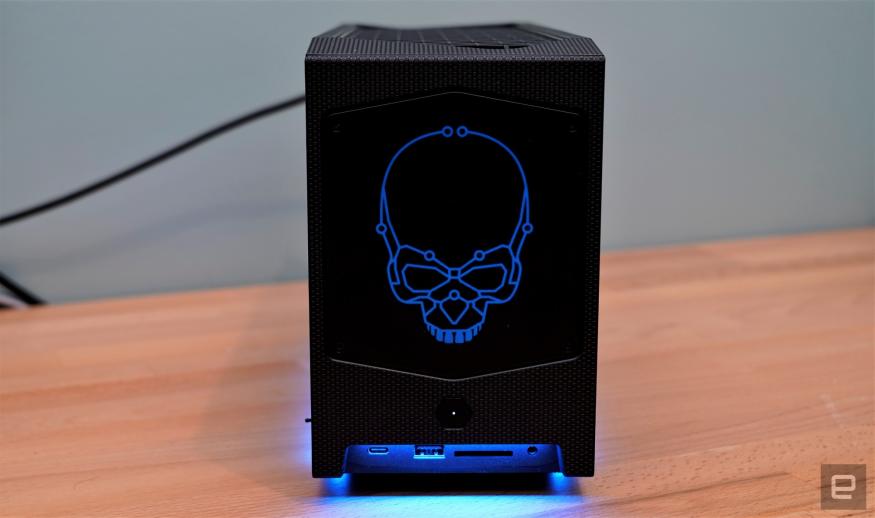Intel, one of the world’s leading semiconductor manufacturers, has made waves in the tech industry with its announcement to stop producing its own NUC mini PCs. This strategic shift has sparked considerable speculation and discussion within the tech community. In this article, we delve into the reasons behind Intel’s decision, the potential impact on the NUC market, and the new direction the company plans to take.
Understanding Intel’s Decision:
Streamlining Operations: By discontinuing in-house production of NUC mini PCs, Intel aims to streamline its operations and focus on its core competencies. This strategic move will allow the company to allocate resources more efficiently and concentrate on developing cutting-edge technologies.
Collaborative Production Model: Intel plans to transition to a collaborative production model by partnering with third-party manufacturers. This approach will enable Intel to leverage the expertise of other companies specializing in mini PC manufacturing, while still maintaining control over the design and specifications of the NUCs.
Implications for the NUC Market:
Diversified Offerings: With third-party manufacturers joining the production landscape, the NUC market is expected to witness increased diversification in terms of design, features, and pricing. This shift could introduce new players to the market and drive competition, ultimately benefiting consumers.
Potential for Innovation: By collaborating with external manufacturers, Intel can tap into their innovative capabilities and explore new possibilities for the NUC line of products. This collaboration could lead to advancements in performance, energy efficiency, and form factor, catering to the evolving needs of consumers.
Enhanced Availability: As Intel expands its production network, the availability of NUC mini PCs is likely to improve. Third-party manufacturers can leverage their established distribution channels to reach a broader consumer base, making NUCs more accessible worldwide.
Ecosystem Expansion: Intel’s decision to shift away from in-house production could foster the growth of an ecosystem around NUC mini PCs. Third-party manufacturers might introduce compatible accessories, peripherals, and software solutions, enhancing the overall NUC experience.
Conclusion:
Intel’s decision to halt in-house production of NUC mini PCs marks a significant shift in the company’s strategy. By partnering with third-party manufacturers, Intel aims to streamline operations while maintaining control over product design. This move is expected to bring forth increased diversification, innovation, and availability in the NUC market. As consumers, we can look forward to a broader range of options and exciting advancements in the world of mini PCs.












